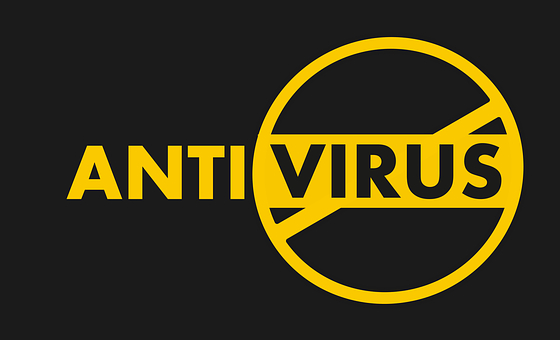10 “new” technologies that will be implemented in the short term (# MWC19)
On the occasion of the Movable World Congress 2019 in Barcelona (February 25-28), today we are talking about "new" technologies. To get an idea of the digital transformation that we are going to undergo in a few years, we tell you 10 “new” technologies that are not a thing of the future, but rather of the present. Last year at MWC 5G was just a project, now brands are already presenting it at this important Congress as a reality. In a very short time we willpower have to count on them in our day to day.

1. 5G
It will allow you to send texts, make calls, download
content and surf the internet as usual, and what makes it different is that it
radically increases the transfer speed. It will go from 1GB per second to 10GB
per second. If before it took an hour to download a fairly short movie, today
it will take between 5 and 6 minutes. But above all, it decreases the latency
up to 1ms. This will exponentially increase the use of technologies such as
home automation products, autonomous cars, wearables and the Internet of Things
in general. But also, something as spectacular as a remote surgical operation
will be possible thanks to 5G, and we will see it live at # MWC19.
The first brands have presented 5G mobiles at the Mobile
World Congress. This is the case of Huawei (with the Balong 5000 5G) or Samsung
(with the Galaxy S10 5G).
2. THE CLOUD
It is obvious to those of us who work in computing, but
there are still people who think that having programs and content hosted on our
terminals is something that will last forever. The cloud is a huge network of
remote servers from around the world that are connected to function as a single
ecosystem. Instead of accessing programs and data hosted on a personal or local
computer, we access them on from any device connected to the Internet. The
cloud computing will bring mostly legal implications level, especially with the
implementation of the RGPD in Europe.
3. BLOCKCHAIN
The use of this technology for the Bitcoin cryptocurrency is
well known. However, its essence (a technology that guarantees the authenticity
of transmission through cryptography and a distributed consensus system) has
multiple applications. One of them, without going any extra, is the
communication of citizens with the administration.
4. BIG DATA
We have talked about him several times. The exponential
increase in data as technology advances generates a large volume, at high
speed, of highly varied data (what we call the 3 V). We have not yet discovered
all the uses of the data that we leave in social networks, forums, interactions
with search engines, banks, ...
5. VIRTUAL REALITY AND AUGMENTED REALITY
This type of technology has been widely used in leisure
applications, but we have not yet begun to understand its use in disciplines
such as surgery. Alya-red is a system that reproduces the functioning of the
heart using Artificial Intelligence to understand how it works and Virtual
Reality to give it a real appearance.
6. IoT
The Internet of Things (IoT), or what is the same,
intelligent objects connected to the network, is already the order of the day.
We surround ourselves with more and more intelligent objects in our daily life.
As we have seen, 5G will greatly boost this technology.
7. AI
Artificial Intelligence is the heart of countless projects.
2-SMuFin analyzes amounts of data from the genome to increase knowledge of the
human body. Alya-red, which we have already talked about, also works with AI to
manage all the variables that influence the functioning of the human heart. And
it is just one of the 15 projects that the European Union is promoting , to
continue in the AI race with China and the US.
8. AUTONOMOUS VEHICLES
At each new technology fair, brands present increasingly
complete prototypes. Waymo / google, Tesla or Apple are just three of the
companies that are betting on the autonomous car. Google's autonomous car has
been traveling more than 8 million kilometers of road for 10 years.
9. ROBOTIZATION
Not only at the factory level, but above all at the
automation of repetitive human tasks. Robots are increasingly flexible and
machine learning allows them to have a certain autonomy.
10. THE QUANTUM COMPUTATION
Computational technology until now had the limitation of
miniaturization, which is already reaching its maximum and sequentiality (that
is, they process one operation after another). Now, with quantum computation,
the minimum unit is the Qbit, which can be both 1 and 0, as a superposition of
both values. It takes advantage of superposition and entanglement (qualities of
subatomic systems) to exponentially increase computational capabilities. It may
sound like science fiction, but IBM already introduced the first commercial
quantum computer, the Q System One, at CES this year .
As you can see, these new realities, some before and others
after, have already been seen and will be seen more, both in shopping centers
and in workplaces. But for now, they are beginning to be seen at the Mobile
World Congress in Barcelona 2019.
Welcome to the future. It is the place where we will spend
the rest of our lives.


